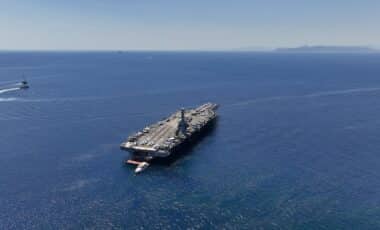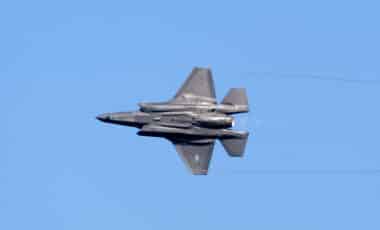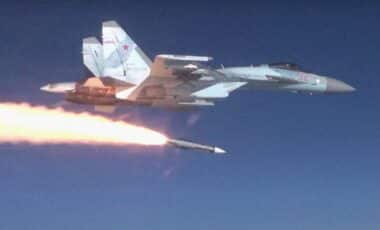Being there . . . . . to not only dissect, analyze, and perfect the relevant lessons from our joint military operations with Syrian Kurdish anti-ISIS guerrillas for counter-subversive objectives, but also to observe how a small European nation, Portugal, battled and survived insurmountable odds, totally alone and with no allies, against an Islamic enemy backed by all the resources of China and the Soviet Union . . . . .
DELINEATING OUR SUCCESSFUL FOREIGN INTERVENTIONS
AGAINST ISIS AND ISLAMIC INVASIONS
CASEMATE PUBLISHERS again fountainheads success stories of America’s War on Terror
Two new books reviewed and highly recommended by Don DeNevi
“AMERICA’S WAR in SYRIA – Fighting with Kurdish Anti-ISIS Forces”, by Dr. Till “Baz” Paasche, John Foxx, and Shaun Murray. CASEMATE Publishers: 240 pages, hc; $34.95.

“PORTUGAL’S BUSH WAR in MOZAMBIQUE”, by Al J. Venter. CASEMATE Publishers: 236 pages, hc; $37.95.

America’s War in Syria: Fighting with Kurdish Anti-ISIS Forces
Foremost, it should be recognized that the three authors of “AMERICA’S WAR in SYRIA” participated in ALL Kurdish operations against the Islamic State between late 2014 and mid-2016, qualifying them as nonpareil authorities of every sentence in their superlative treatise. The lessons they learned and now reveal should be introduced in every military course offered by our Allied war colleges.
Even buffs, enthusiasts, and, yes, the uneducated in such 21 Century War on Terror matters, learn the differences between geopolitical disasters and successes in Democracy’s experiments in faraway places, i.e., Africa, Afghanistan, and Iran – especially since the US military campaign in alliance with the Kurdish forces in Syria remains an untold success story. There is no debate that our intervention against ISIS in Syria was the most successful campaign since World War II.
What makes “AMERICA’S WAR in SYRIA” so critical to read is that neither Mideast experts nor many journalists were actually on the ground fighting ISIS and thus incapable of describing what truly went on during combat. A must-read, without reservation or qualification.
Portugal’s Bush War in Mozambique
For over a decade, Portugal, one of the most beautiful nations in the world, fought a bush war in Mozambique, and, to a host of military and political experts in the region, presumably lost. But author Al Venter, a specialist military writer with more than 50 books conceived under his right hand, Portugal did not actually lose the war because, primarily, it fought in difficult terrains with a good degree of success over an extended period. “It was radical domestic politics that heralded the end.”
As this column readies for posting in ARGunners, Mozambique is once again embroiled in a guerrilla war. This time, however, it is against a large force of Islamic militants, many from Somalia and some Arab countries which are unequivocally backed by the Islamic State. The lessons journalist Venter describes from Mozambique’s “Bush War” are extremely important as our democratic nations move deeper into the new century.
Venter may well be the imprimatur of his own book. His last major text on the subject was “Portugal’s Guerrilla Wars in Africa”, nominated in 2013 for New York’s Arthur Goodzeit Military Book Award. It has gone into three editions, including translation into Portuguese. He has been writing on issues relating to guerrilla warfare, insurgency, the Middle East, and conflict in general for more than 50 years.
As a “postscript” to this column, since it stands alone among the books described in this reviewer’s past three columns focusing upon the best of this Spring titles from CASEMATE Publishers, is “TAKE CHARGE and MOVE OUT – The Founding Fathers of Tacamo – True Believers and the Rise of the Navy Strategic Communications”, authored by Lewis F. McIntyre, with a Foreword by Vadm Nora Tyson, USN (RET). For the uninitiated, TACAMO stands for “Take charge and move out!”, its missions provide essential airborne communications to the US nuclear deterrence forces. Today, it is a thriving community, highly respected by the Navy and the US strategic defense forces. This is the story of the birth of TACAMO in the words of those who built the community from scratch.
This reviewer wishes he had the entire space in this ARGunners’ edition to describe TACAMO’s nation-saving purposes, successes, and failures throughout its young life to say, “Thanks,” to all the faithful and courageous participants continuing the work today.








